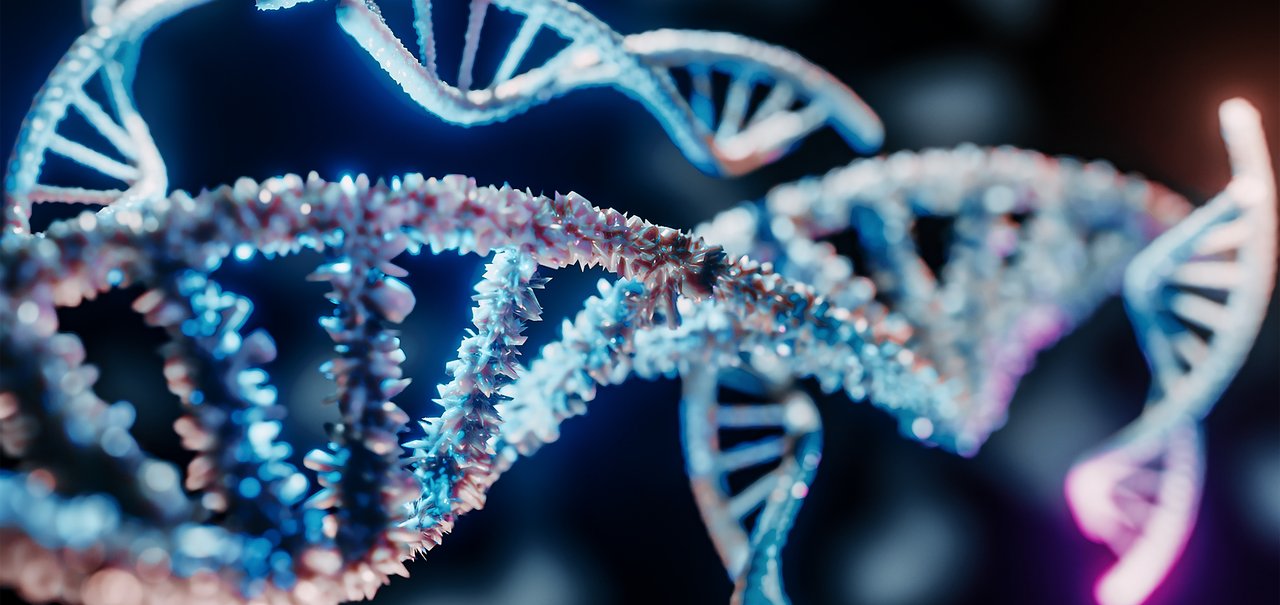At some point in your existence, whether in school, church, or at personal events, the big question about life, truth, and the universe has probably already asked itself to you: How did life appear on Earth?
A small group of atoms came together and through a generative impulse, whether divine or scientific, life emerged. But what exactly is the recipe for this healing combination?
The truth is that all interpretations have their pros and cons, and some are more credible than others. Learn more about How entropy could play a key role in the existence of life on Earth and a very strange theory.

A little bit of entropy and Voila, Life in the universe
In 2014, Jeremy England, then an assistant professor in the Department of Physics at MIT, developed a theory about the role of entropy in the origin of life.
According to his theory and calculations. The “balanced” distribution of entropy that operates with a certain stability over a collection of atoms could be the ignition engine of life..

The rate of dissipation of this system with an external energy source, such as the sun, for example, could generate an ordering of these molecules, leading to processes that might lead to life.
In his article published in Physical Review Lettersdescribes The process of self-organization of these atoms and how entropy plays a fundamental role in making life possible..
It is important to remember that the entropy mentioned by England refers to his “pure” concept of thermodynamics, where entropy is the quantity that measures the degree of disorder of the molecules in a system.

It is important to make this distinction, as some other sciences have borrowed a physical term to give other meanings to this size. Which can create some confusion, depending on what you understand by entropy..
In an interview with Quanta magazine, England made a “joke” about his theory, saying, “If you shine light long enough on a random collection of atoms, it wouldn't be surprising that one day we'd get a diagram.”
At the moment, we have no news about his theory, but entropy is still a subject of study, evaluating other atomic and cellular interactions that could benefit or arise through its action.
And from nothing he created everything
You may be surprised, but I am not talking about Christian or other creation myths. The strange idea arose centuries ago through observations of natural phenomena or poor hygiene.
The famous theory of spontaneous generation Or spontaneous generation, is a theory whose hypothesis states that non-living matter is capable of generating life.Aristotle was a supporter of this idea. According to this theory, old rags can generate mice, stones can generate fungi, flies can emerge from rotten meat, etc.

However, today we know that this is not possible, and just in case, be careful about the dust under your sofa, however, if you still want to test spontaneous generation more effectively, forget about the food or dirty dishes under the sink. In two days you will have a surprise.
After overcoming the joke, it is now clear that these phenomena, which seemed credible at the time, It is more related to the existence of small interactions between organisms and their reproductive and foraging habits..
You can even imagine that England's theory of entropy also has a biological background, however, his proposal works directly on what constitutes us as beings, whether living or non-living, the basic component of all, atoms.

So, in addition to the external energy source, we must also have the correct atomic set, which is arranged spontaneously in life. However, in a more organized and predictable field, biology also studies biogenesis, where the living world arises from other living things and their evolution over thousands of years.
But the theories and fields do not stop there. Several scientific branches overlap with this basic issue, But there is no theory yet strong enough to describe where the cornerstone of life was laid..
Studies like those by Jeremy England, among many other researchers, have only scratched the surface of the fundamental, complex question of how life arose and why our little blue planet seems to be the only one to have it.
Follow the latest studies and theories about the origin of life on planet Earth here at TecMundo. Until later!

“Wannabe internet buff. Future teen idol. Hardcore zombie guru. Gamer. Avid creator. Entrepreneur. Bacon ninja.”

